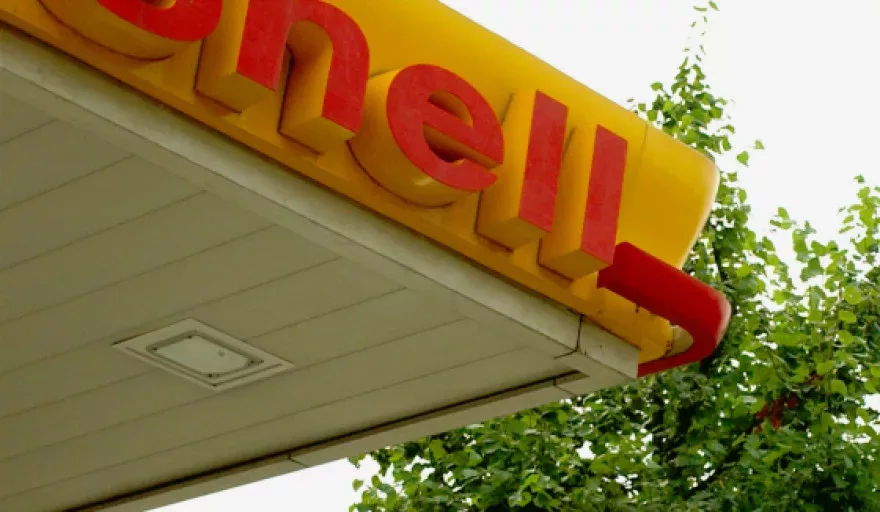Royal Dutch Shell has explained that it will be lowering its capital investment in 2015 and curtail overall spending by a total of $15 billion (£10 billion) over the next three years in response to lower oil prices.
The company reported fourth-quarter 2014 earnings on a current cost of supplies basis at $4.2 billion, compared with $2.2 billion for same quarter a year earlier, and in line with forecast expectations. It said it kept its dividend stable for the quarter at $0.47 per share and would keep it the same in the first quarter of 2015.
Chief Executive Ben van Beurden warned against an overreaction to the oil price drop, while maintaining dividends to soothe investors. “We are taking a prudent approach here and we must be careful not to over-react to the recent fall in oil prices,” he said.
The spending cut, which will involve cancelling and deferring projects, represents a 14 percent cut from its 2014 capital investment of $35 billion.
Energy companies are being forced to adapt to the new oil price environment and Shell is not excluded from this. The company had said in October it would keep its 2015 spending unchanged, and yet this has now changed in the most recent announcement to cut capital investment in one of the largest cuts seen in the industry.
“Shell is considering further reductions to capital spending should the evolving market outlook warrant that step, but is aiming to retain growth potential for the medium term,” it said in a statement.
Oil prices have fallen by almost 60 percent since June because of weak global demand and a boom in US shale production.
Oil majors including rivals BP and Total have said they do not intend to cut their cherished dividends, a key attraction for investors, even if oil prices stay low for longer.
Most have already announced cuts in capital expenditures of around 10-15 percent and sold assets worth dozens of billions of dollars. But they have warned against cutting too much as it could derail long-term projects, destroy the value of companies and potentially even lead to an oil shortage in the future.


















